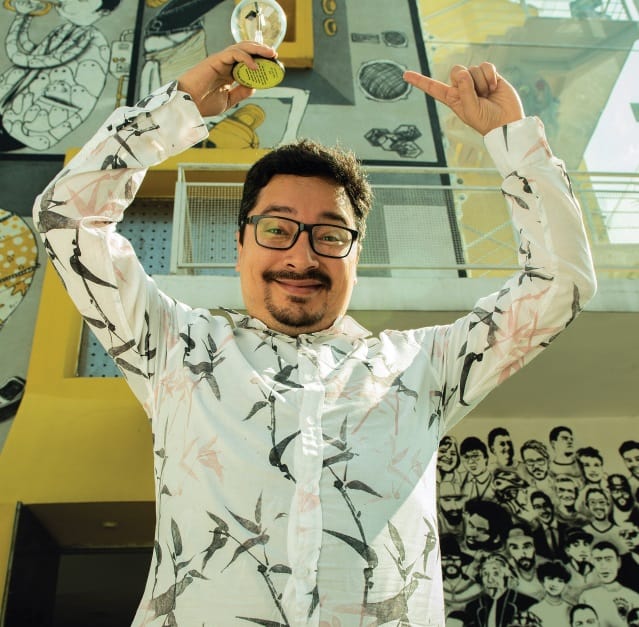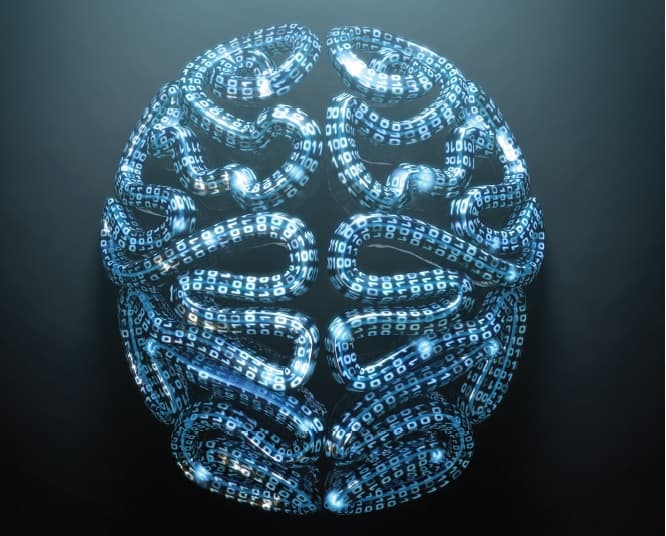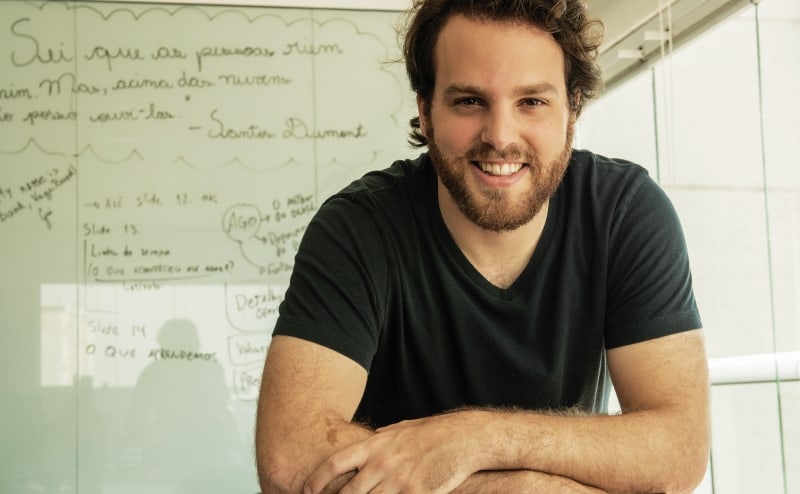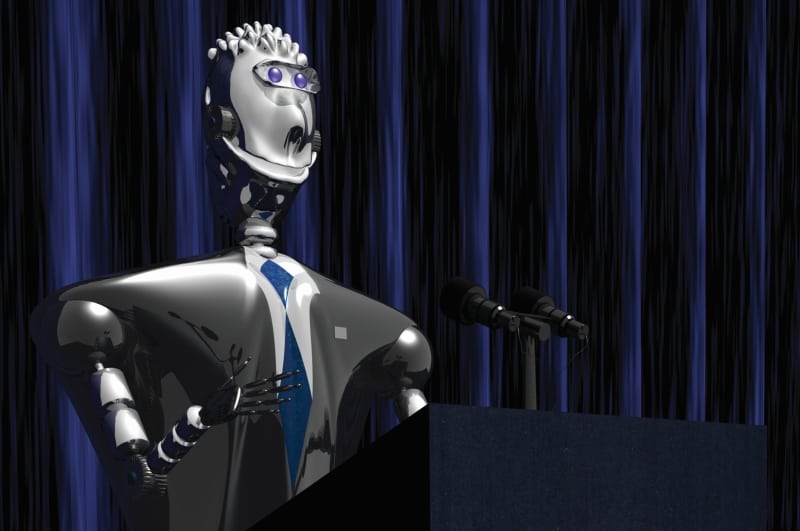Articles
Social inequality, major inheritances, and the fragility of actual capitalism concept are forcing people to rethink the actual capitalism. Inequality is the definition of economy in a time marked by the lack of opportunities. Just to give some examples of how this translates into practice, of all the wealth generated in the world in 2017, 82% went into the hands of the richest 1% of the planet. On the other hand, the poorest half of the global population - 3.7 billion people - did not get anything. In Brazil, there are five billionaires whose wealth is equivalent to that of the poorest half of the country, reaching U$ 2 trillion in 2017 - 13% higher than the previous year. At the same time, the poorest 50% of Brazil saw their ‘wealth’ reduced over the same period, from 2.7% to 2%. The data came from NGO OXFAM, an international organization that defends and encourages sustainable development since the 1950s.
A little over ten years ago, in the Capão Redondo neighbourhood in Sao Paulo’s Southern outskirts — one of the most deprived areas of the city — the Fábrica de Criatividade (Creativity Factory) project was born. Created by the entrepreneur Denilson Shikako, 34, the innovation consultancy was established in 2007 and to this day operates in the same headquarters. Currently serving large companies in Brazil, it still maintains social projects in the region, always aiming at creating and transforming. The Creativity Factory is an example of what can be achieved by more sustainable capitalism focused on fighting against inequality and advancing opportunities, especially for the most marginalized.
The advancement of technology — in addition to providing a glimpse of what may happen in the future, anticipating possibilities and challenges — leads psychoanalyst Christian Dunker — a professor at Universidade de São Paulo (USP) and one of the most renowned professionals in the field in Brazil — to look at History to better understand some things and to identify new forms of suffering associated with the transformations which the world is undergoing in relation to science, technique, and ethics. Dunker, author of more than 15 books and with 30 years of research and clinical practice, talks about solitude, ethical conflicts, politics, obscurantist speech, and human education for the challenges of the future.
Center of Excellence in Machine Learning (CoE-ML) — developed by Unesp researchers — aims to transform the market through Artificial Intelligence partnerships and solutions. Reducing the gap in the relationship between universities and the market, facilitating financial support for developing artificial intelligence projects, and enabling knowledge about AI to reach more people and areas of society; these are the three objectives of the Center of Excellence in Machine Learning (CoE-ML), coordinated by the director of the Scientific Computation Center of the Universidade Estadual Paulista, UNESP professor Sérgio Novaes.
New businesses, connected with the needs of the market. Creativity. Security for those who invest and those who create. These three ingredients are the foundation of Magellan Advisory, a start-up created this year by economist Leonardo Winocur in São Paulo. The aim is to provide security for those who are able to invest in new ventures and to facilitate fundraising for those who need it. All of this while also thinking about new types of businesses created in the contemporary world.
Articles
When some pictures from Silicon Valley come up to our minds, we immediately associate those images with disruptive innovation concept. Some images from scientific journals show how artificial wombs will be able to gestate a baby, from fertilization until delivery, without human body. Moreover, this gestation process, still futuristic, could even be controlled by machines and algorithms, which would understand the need of each fetus to receive nutrients and physical-chemical stimuli. The disruptive innovation (the innovation that breaks up with consolidated standards and presents new proposals) make us to rethink our relationship with the world.
Imagine living in a place where there are no rules, conventions or punishments of any kind. In the Westworld — a series produced and shown by HBO since 2016 — a group of people live with super advanced androids simulating human emotions; this raises the question of “who is what” within that world. Based on the 1973 film, with the same name, by the screenwriter Michael Crichton, creator of hits such as Jurassic Park (1990) and medical drama ER (1994), the complex plot full of twists and the big-name cast has captivated the public, making the series a hit for both audience and critics. What is the reason behind its success and the clues it tells about the future?
A little over ten years ago, in the Capão Redondo neighbourhood in Sao Paulo’s Southern outskirts — one of the most deprived areas of the city — the Fábrica de Criatividade (Creativity Factory) project was born. Created by the entrepreneur Denilson Shikako, 34, the innovation consultancy was established in 2007 and to this day operates in the same headquarters. Currently serving large companies in Brazil, it still maintains social projects in the region, always aiming at creating and transforming. The Creativity Factory is an example of what can be achieved by more sustainable capitalism focused on fighting against inequality and advancing opportunities, especially for the most marginalized.
July 2018. That time when the attention was focused on the World Cup in Russia. Shortly after a gruelling 2-1 loss to Belgium, the Brazilian national team bowed out of the tournament. Before the game had even finished, the witch-hunt had begun, with blame placed on the players and the coaching staff for poor performance and preparation. However, one target was chosen: midfielder Fernandinho, a Manchester City player. A sequence of mistakes on the pitch was the trigger for a flurry criticism on the midfielder’s social network profiles. The comments, however, went beyond setting out ideas; they were racist. Not one, not dozens, but thousands of hateful comments, open for anyone to read on Facebook, the most widely-used social network on the planet.
The advancement of technology — in addition to providing a glimpse of what may happen in the future, anticipating possibilities and challenges — leads psychoanalyst Christian Dunker — a professor at Universidade de São Paulo (USP) and one of the most renowned professionals in the field in Brazil — to look at History to better understand some things and to identify new forms of suffering associated with the transformations which the world is undergoing in relation to science, technique, and ethics. Dunker, author of more than 15 books and with 30 years of research and clinical practice, talks about solitude, ethical conflicts, politics, obscurantist speech, and human education for the challenges of the future.







